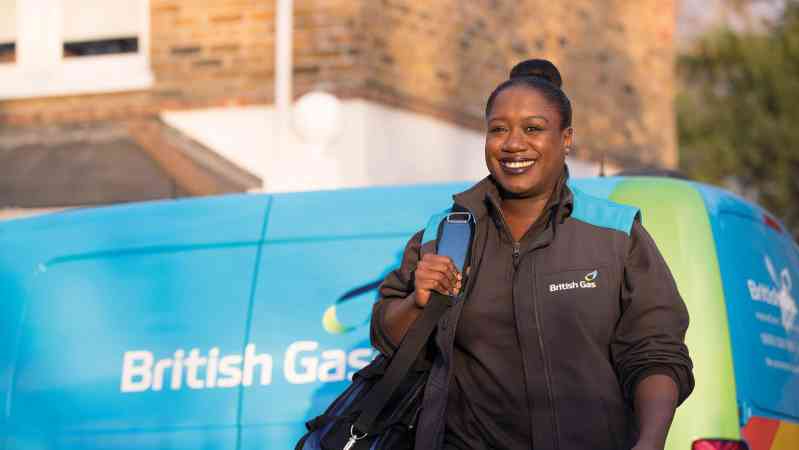Gas prices are likely to stay high for up to two years, the boss of Britain’s biggest energy supplier has warned.
Chris O’Shea, chief executive of Centrica, the owner of British Gas, said that there was “no reason to think energy prices will come down any soon” and there was little that Britain could do to change this as it was “part of a global market”.
High wholesale gas rates are threatening to drive up the domestic energy price cap by a record 50 per cent to £2,000 a year from April. Prices rose during 2021 amid a global supply shortage that has left Europe and Asia competing for scarce cargoes of liquefied natural gas. They hit all-time highs before Christmas and are still at about four times the historical average.
O’Shea told the BBC: “The market suggests that high prices will be here for the next eighteen months to two years.” Countries turning off coal-fired power stations was increasing demand for gas, but there was not “an abundance … you can just turn on quickly”, he said, adding that there was little that Britain could do to alter wholesale prices. “We bring gas in from the US, from Norway, from Europe, from Qatar, from other places … We are part of a global market.”
Stephen Fitzpatrick, boss of Ovo, Britain’s third biggest supplier, told the BBC that it was “easy to imagine a world where energy prices stay high for a long time”, with markets implying only that “energy prices will come back down again a little bit in 2023”.
Energy suppliers have been in talks with the government over potential measures to help to alleviate the increase in bills. O’Shea said it was “inconceivable that we don’t do something” and he reiterated calls for the government to scrap VAT on energy bills, move environmental levies into general taxation and delay charging customers for the costs of supplier failures.
• EDF has announced a further delay to its nuclear reactor project in France as it prepares to install the same design at power plants in Britain at Hinkley Point C in Somerset and Sizewell C in Suffolk. The French group said that fuel-loading at its Flamanville 3 project in western France would be done six months later than previously planned, adding €300 million to the project’s cost, which now stands at €12.7 billion.
